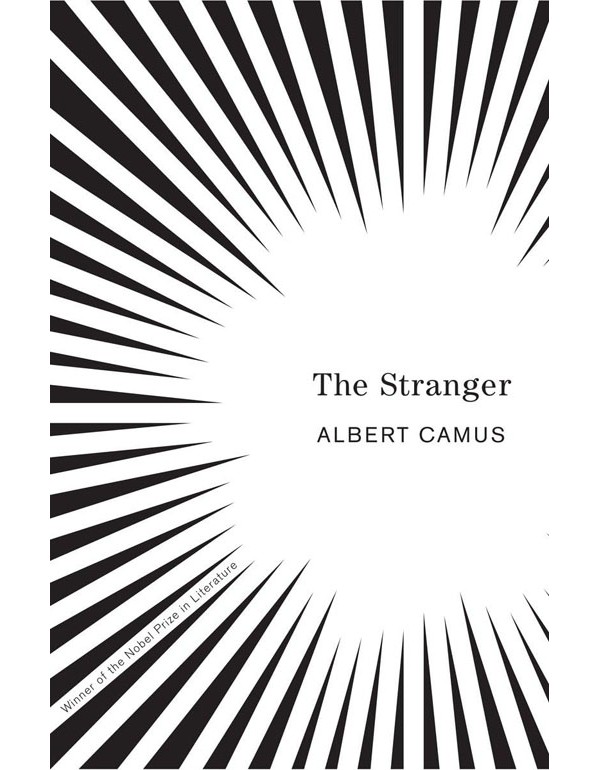Albert Camus
Albert Camus was a French philosopher, author, and journalist who was born in Algeria in 1913. He is best known for his works of existentialism, which explore the absurd and the human condition. Camus was a Nobel Prize winner for Literature in 1957 and is considered one of the most influential writers of the 20th century.
Camus was a strong advocate for individual freedom and responsibility, and his works often focus on the individual's struggle against oppressive forces. He wrote novels such as The Stranger, The Plague, and The Fall, as well as plays and essays. His works often explore themes of alienation, absurdity, and the search for meaning in a seemingly meaningless world.
Camus was also a political activist, and his works often reflect his views on social justice and the need for revolution. He was a vocal critic of colonialism and fascism, and his works often explore the consequences of oppressive regimes. He was also a strong advocate for human rights and was a vocal opponent of the death penalty.
Camus' works have had a lasting impact on philosophy, literature, and politics. His works continue to be studied and discussed today, and his ideas remain relevant in the modern world.
Showing 1 to 7 of 7 (1 Pages)







